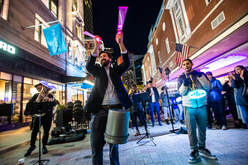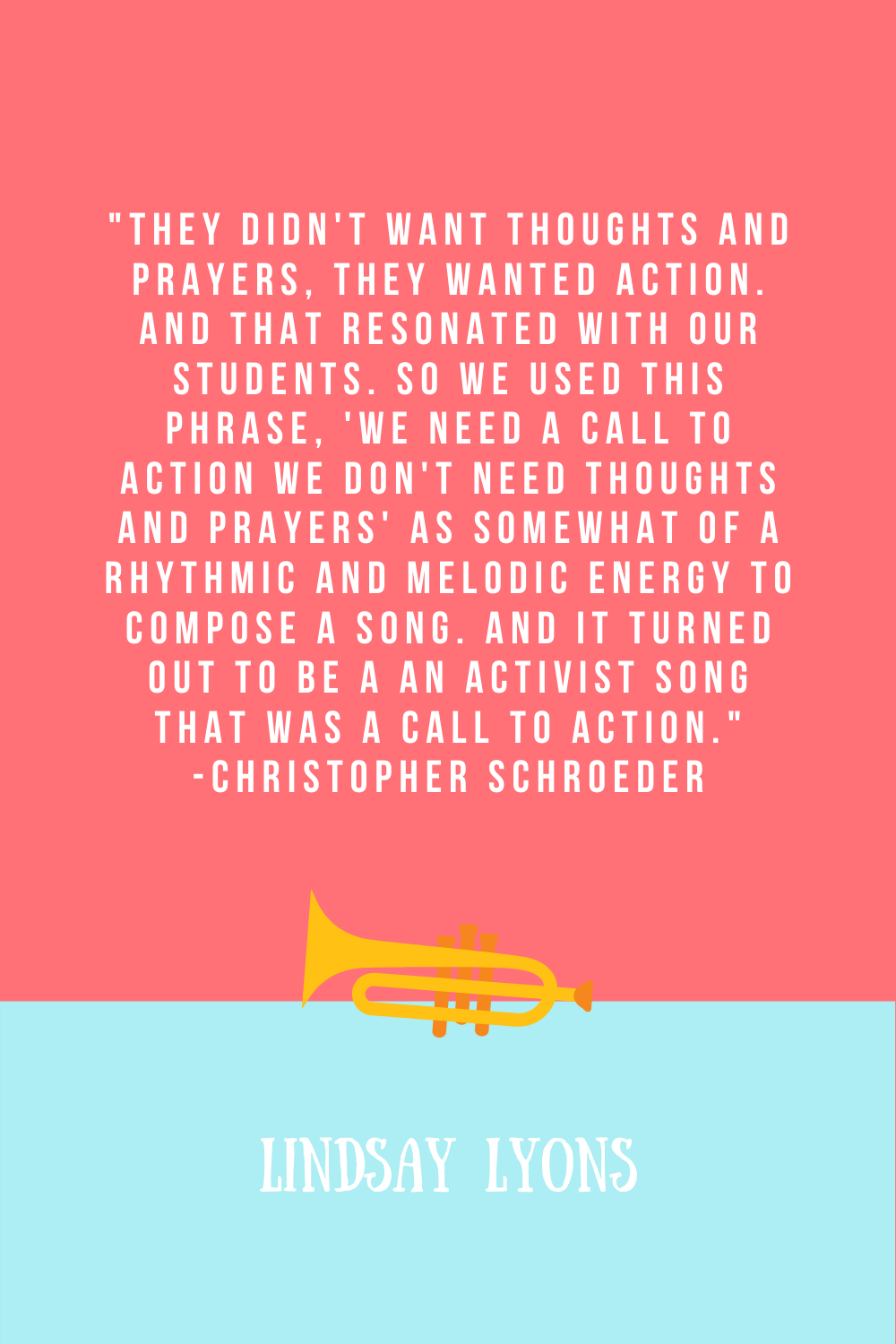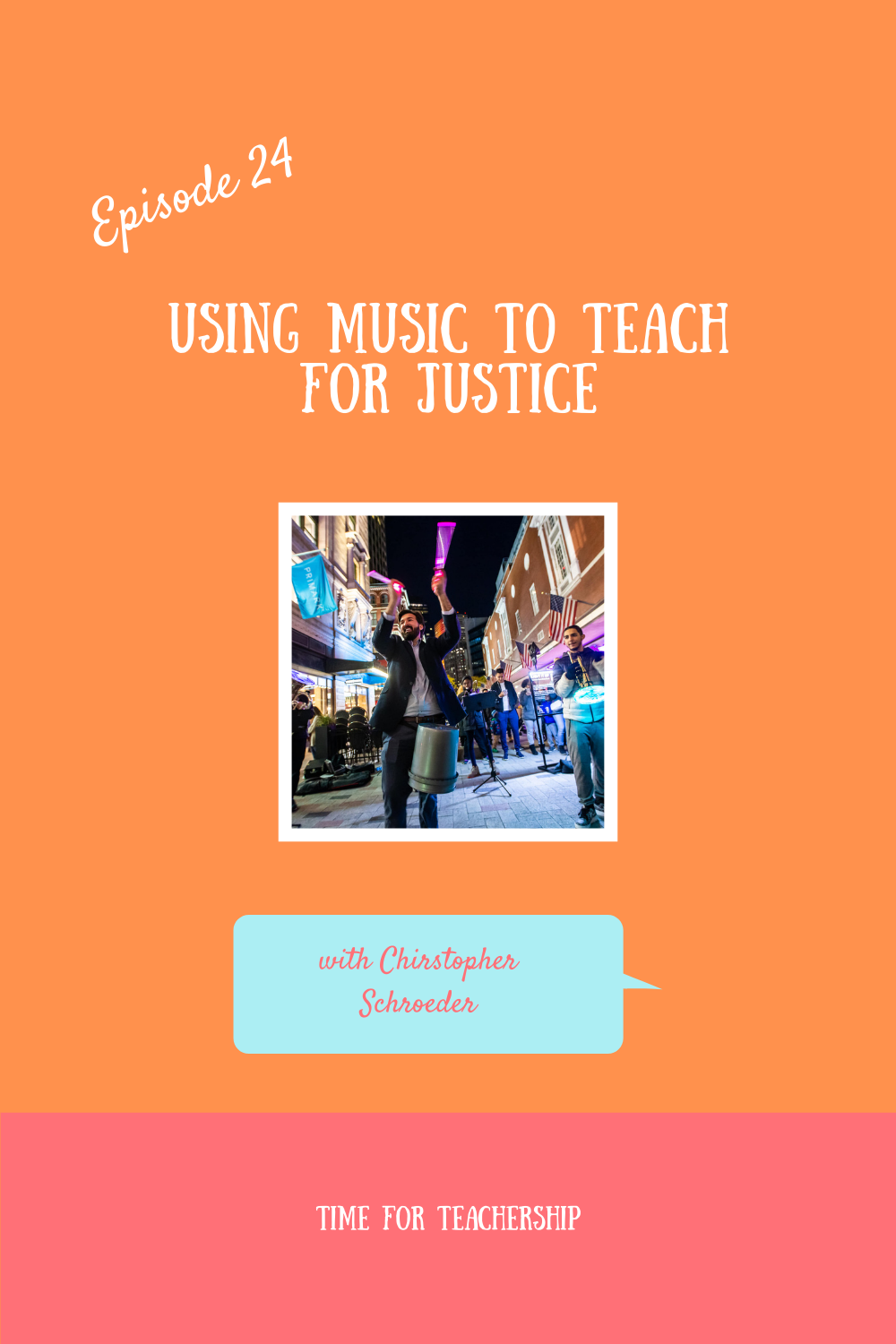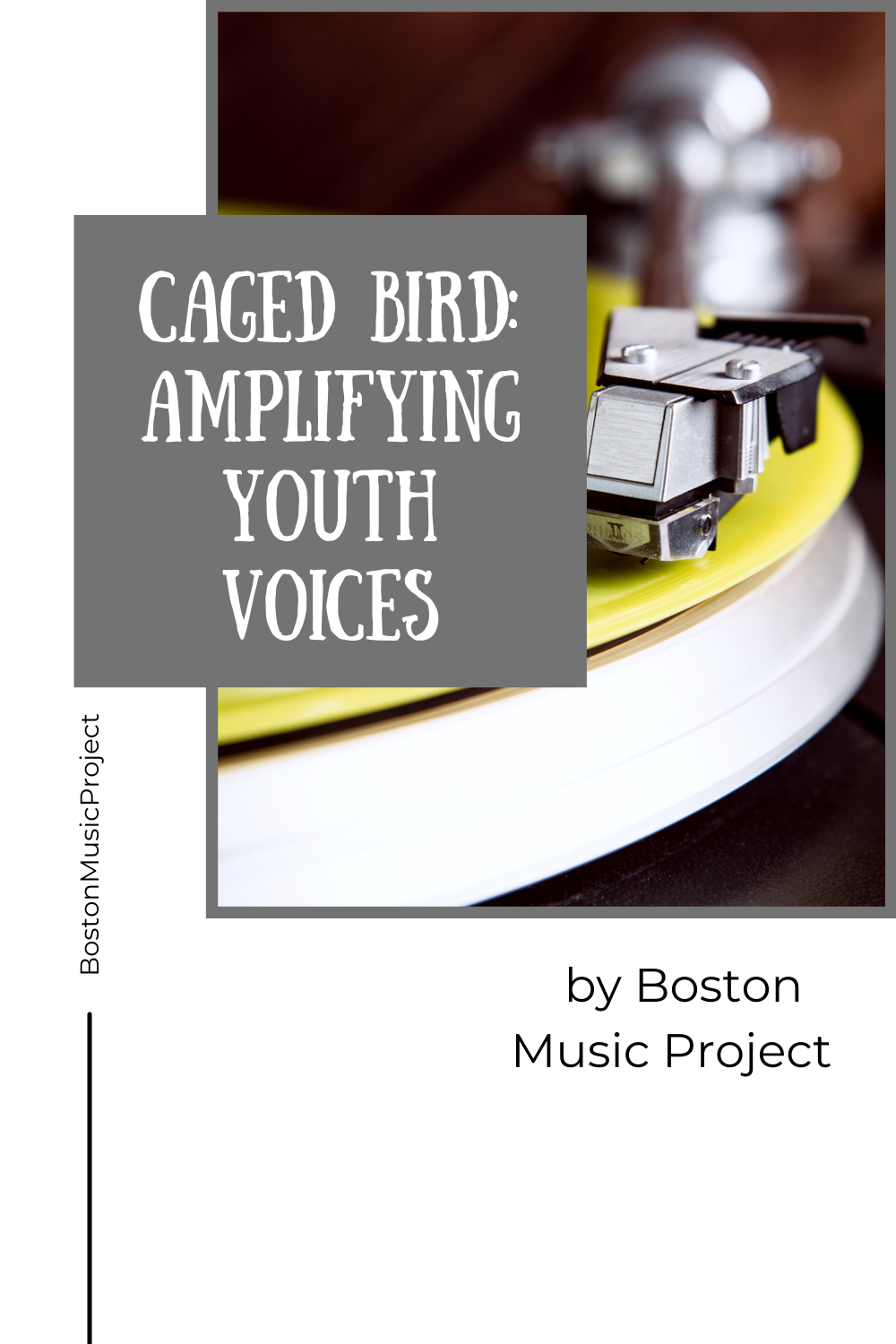|
Boston-based musician, educator, and arts advocate, Christopher Schroeder is a catalyst for social change through music and arts education. With nearly 15 years of arts leadership and teaching experience, he has successfully established programs and influenced music ecosystems within the Boston community and throughout the United States. Schroeder currently serves as the Executive Director of the Boston Music Project, Module Director for the Global Leaders Program and is a guest conductor and education clinician with Conn Selmer, Inc. Most recently, he was recognized as a Boston Future Leader by the Greater Boston Chamber of Commerce and a quarter-finalist for the 2019 Grammy Music Educator Award. The Power of Music Music is a great way to unlock students’ creativity but did you know that it can be utilized for social justice and activism? There’s been surprising scientific research done that reveals students who play and listen to music reflect not just more self confidence and creative energy, but also higher drives to change the status quo. The exercises that Chris teaches in his music classes are aimed at deepening students' sense of identity. “The work that we do at the Boston Music Project is centered around ensemble-based learning, social emotional learning, civic action, and creative self expression.” The idea that inspired one of their main projects was what if we could use our knowledge of music to communicate messages about social justice. What if our music could inspire people to take action? So that’s exactly what Chris and his music group set out to do. One of their pieces was heard by families of victims from school shootings. This type of musical activism gives children a chance to build and expand their own identities. But then, the COVID-19 pandemic hit, and he was presented with a new challenge—how do they keep the mission going? He started small, asking students questions to generate more conversations that could keep engagement circulating even while everyone was stuck at home. Then, the music advisors in the project started leading sub groups of the class to foster closer communities. The secret ingredient was incorporating poetry into the work. Maya Angelou’s “I Know Why the Caged Bird Sings” became a valuable resource for creating their next music project. He shares, “We established a pulse that was associated with the mood. And then we started to get into the text. Which lines of text connected with a child more than another?” Embed Social Emotional Learning Over time, they created a digital music production that was able to flourish with support from teaching artists from the Boston Music Project. Chris shares that he made sure the routines that were done in person stayed the same during virtual class time to help students make a smoother transition. The students had the same clear expectations, mindfulness practices, warm ups, etc. He recommends that students should be given more opportunities to voice their ideas. If they have more control over their projects, they are much more likely to want to stay involved. In addition, SEL plays a big role in these processes. The Boston Music Project hires SEL specialists to help translate concepts and inform their practice realizing how social emotional learning drives self-awareness, awareness of others, and responsible decision making. I hope this talk has inspired you to think outside the box with your teaching methods and social justice based learning. If you want to connect with Christopher, you can find him on the Boston Music Project Website, Facebook, Instagram, Twitter, and email. To continue the conversation, you can head over to our Time for Teachership Facebook group and join our community of educational visionaries. Until next time leaders, continue to think big, act brave, and be your best self.
0 Comments
Leave a Reply. |
Details
For transcripts of episodes (and the option to search for terms in transcripts), click here!
Time for Teachership is now a proud member of the...AuthorLindsay Lyons (she/her) is an educational justice coach who works with teachers and school leaders to inspire educational innovation for racial and gender justice, design curricula grounded in student voice, and build capacity for shared leadership. Lindsay taught in NYC public schools, holds a PhD in Leadership and Change, and is the founder of the educational blog and podcast, Time for Teachership. Archives
May 2024
Categories |





 RSS Feed
RSS Feed